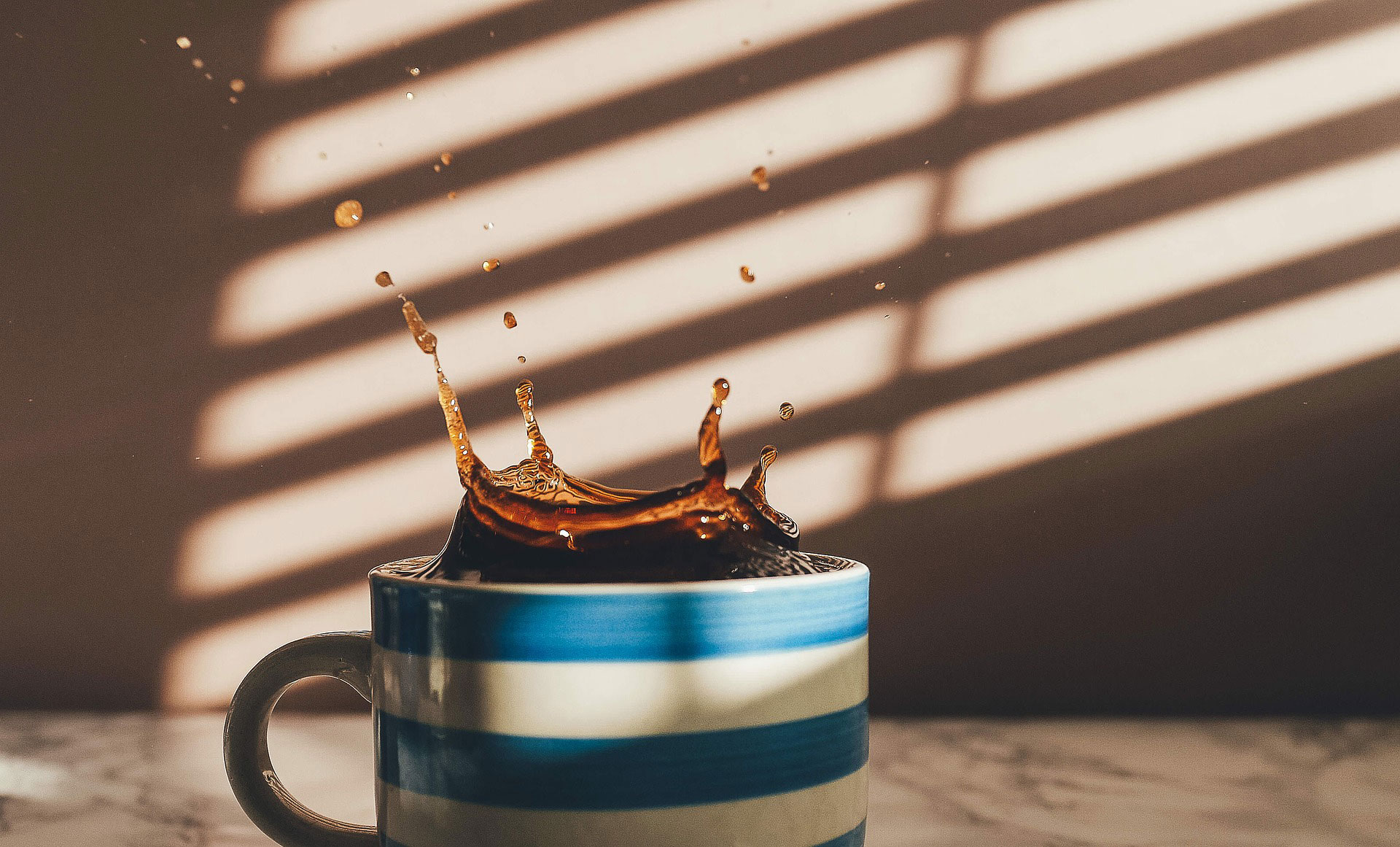Nothing will wake you up better than having a hot cup of coffee in the morning, and most people brew coffee first thing in the morning. Sometimes, you may be tempted to put hot water in your coffee maker to hasten the brewing process. But as it turns out, you shouldn’t do this at all.
Coffee makers are designed to heat cold or room-temperature water to the right temperature for the brewing process. If the water is too hot, it can go through the hot water pipe faster and may overfill your coffee filter basket, leading to a messy cleanup and can potentially damage your coffee maker. Also, it will over-extract your coffee grounds and thus will leave you with a bitter cup of coffee.
In this article, we will discuss how a coffee maker works and why you shouldn’t put hot water for it.
How a coffee maker works
A drip-type coffee maker works by heating water from its reservoir to the adequate temperature and pouring the resulting hot water over the coffee grounds.
To illustrate further: a heating element brings the water to near-boiling point (around 90.5°C – 96.0°C), and as it bubbles up, the water gets goes through the hot water pipe and eventually to the shower head, where it is poured evenly over the coffee grounds.
This relatively simple mechanism does not require moving parts; all it needs is for the water to be in the right temperature so that it goes through the pipes smoothly.
So, what happens if you put boiling water in your coffee maker?
Why putting hot water in your coffee maker is a bad idea
The implications are two fold: one is a mild annoyance, and the other can potentially damage your coffee maker.
For the mildly annoying part, brewing with boiling water will over extract the coffee grounds, and thus leave you with a bitter cup. This is why coffee makers are typically programed to heat the water only to a near-boil so that the resulting brew is balanced and consistent.
More seriously, boiling water can go through the hot water pipes quicker. This is because the hot water pipe does not require a mechanical pump to force the water upwards to the shower head. Instead, it acts like a siphon; it only needs the water to be in the right temperature for it to produce bubbles that will go up the pipe to start the siphon.
This is why putting water that is too hot in your coffee maker is not advisable as the boiling water will siphon faster. And since most coffee makers do not have a way to control the flow of the water to the filter basket, this can result in an overflow that can potentially damage the unit if the water goes finds its way inside the heating plate.
Conclusion
To summarize, you should only put cold water or room-temperature water for a balanced brew. This will also prevent the filter basket from overflowing and damaging your coffee maker.
By the way, we’ve recently reviewed a coffee maker model from Hanabishi a while back, go check it out!
Sources
- The Perfect Water Temperature For Coffee Brewing. (n.d.). JavaPresse Coffee Company. Retrieved March 7, 2021, from https://www.javapresse.com/blogs/enjoying-coffee/water-temperature-coffee
- Toothman, M. B. J. (2020, September 30). How Coffee Makers Work. HowStuffWorks. https://home.howstuffworks.com/coffee-maker.htm

Miguel Mores worked for 5 years as a member of the product management team for a home appliance company in the Philippines. He started 101appliance to answer the most common customer questions that he has encountered during his time in the industry. He now works in the digital marketing field and manages a small online bookstore on the side.


I was wondering though about using room temperature water or water straight from the tap. In my case the water out of the faucet is low 40’sF. Does the coffee maker know this? Is the water only heated a certain temperature rise say 140 degrees F? If so my water would only get to 180F.